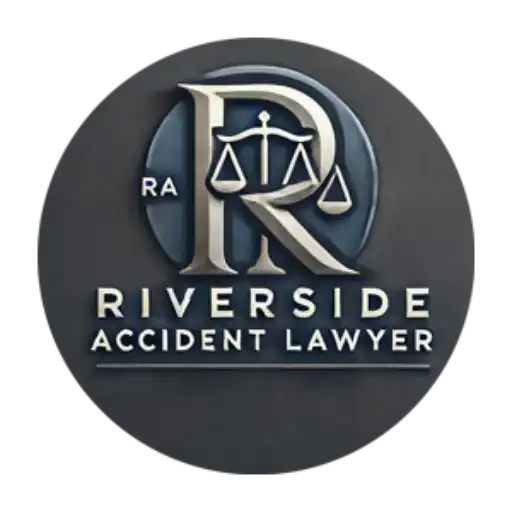Understanding Comparative Negligence in California – How It Affects Your Accident Claim
Our California Personal Injury Lawyers Explain Comparative Negligence and Your Legal Rights.
If you’ve been injured in an accident in California, you might be wondering how negligence laws impact your ability to recover compensation. California follows a pure comparative negligence system, which means that even if you were partially at fault, you may still be entitled to compensation. However, the amount you receive can be reduced based on your percentage of fault.
Understanding how comparative negligence works is crucial to ensuring you receive fair compensation for your injuries. Insurance companies often use this law to minimize payouts, arguing that victims share responsibility for their accidents. That’s why it’s essential to have experienced legal representation on your side. At Riverside Accident Law, we fight to ensure that you are treated fairly throughout the claims process.
What Is Comparative Negligence in California?
Comparative negligence is a legal doctrine that determines how damages are awarded when multiple parties share fault for an accident. Under California Civil Code Section 1714, anyone who contributes to an accident can still recover damages, but their compensation is reduced by their percentage of fault.
For example, if you were found to be 20% at fault for a car accident, and your total damages amount to $100,000, you would still be able to recover $80,000 after the fault deduction. Even if you are 90% at fault, you can still recover 10% of your damages under California’s pure comparative negligence rule.
How Comparative Negligence Affects Your Claim
If you file a personal injury claim in California, expect the at-fault party’s insurance company to argue that you share some level of responsibility. They may use tactics such as:
- Blaming you for unsafe driving habits
- Arguing you were distracted at the time of the accident
- Claiming you failed to take reasonable action to avoid the crash
Our experienced personal injury lawyers know how to counter these strategies. We collect strong evidence, including traffic footage, police reports, and expert testimony, to ensure that you receive the compensation you deserve.
Common Cases Where Comparative Negligence Applies
Comparative negligence can apply to various types of accidents, including:
- Car Accidents – Determining liability when multiple drivers share fault.
- Pedestrian Accidents – Cases where jaywalking or distracted walking is a factor.
- Slip and Fall Accidents – Property owners may claim that victims were not paying attention.
- Bicycle Accidents – Situations where both the cyclist and driver contributed to the accident.
- Motorcycle Accidents – Establishing liability when riders and motorists dispute fault.
Each case is unique, so it’s important to work with a qualified accident attorney who can build a strong case on your behalf.
How to Protect Your Compensation After an Accident
To strengthen your claim and maximize your compensation, take the following steps after an accident:
- Seek Immediate Medical Attention – Delayed treatment can hurt your claim.
- Gather Evidence at the Scene – Photos, videos, and witness information can be crucial.
- Obtain a Copy of the Police Report – This can help establish fault.
- Do Not Admit Fault – Anything you say can be used against you.
- Consult a Personal Injury Attorney – A lawyer can protect your rights and negotiate with insurers.
Contact Our California Personal Injury Lawyers Today
If you’ve been injured in an accident and are concerned about how comparative negligence might affect your case, our legal team is here to help. We have years of experience handling complex personal injury cases and know how to fight back against unfair blame-shifting by insurance companies.
Contact us today for a free consultation and let us help you navigate the legal process while maximizing your compensation.

